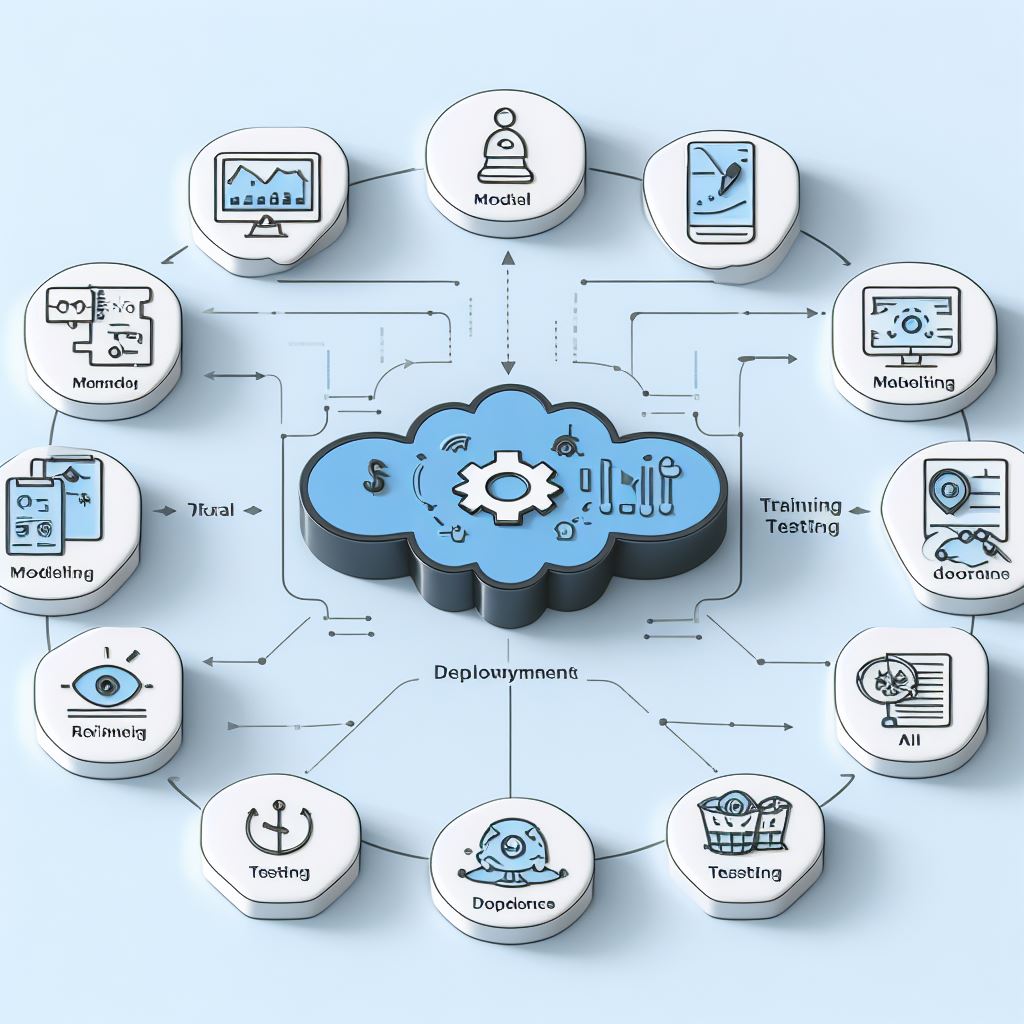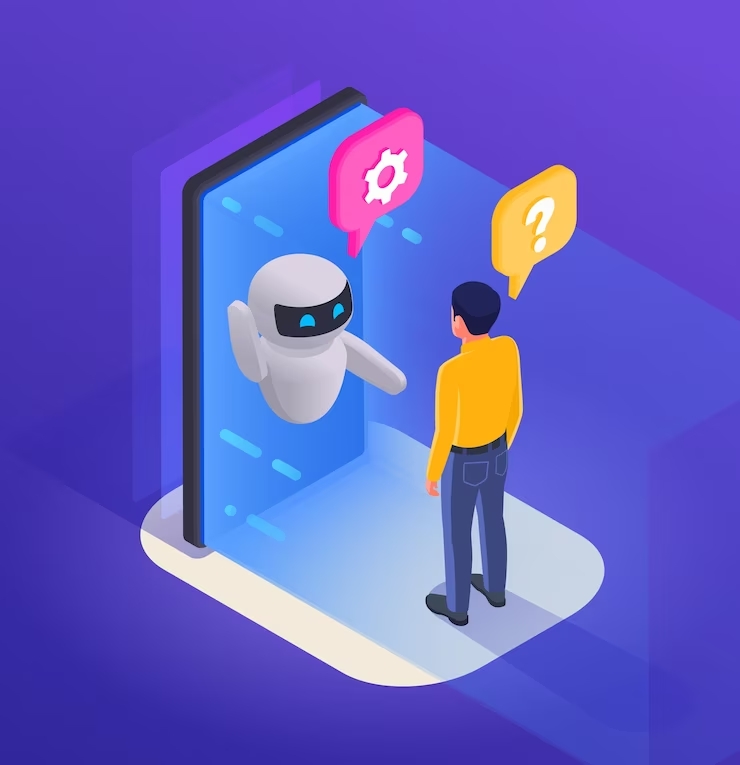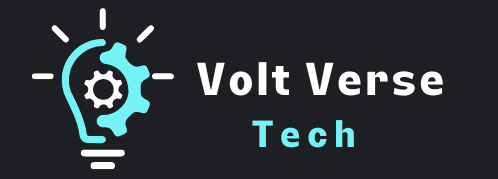Introduction
In today’s fast-paced business world, staying ahead of the competition is more critical than ever. If you’ve been wondering How can I use AI in my business? you’re on the right track. Artificial Intelligence (AI) can be a game-changer for your company, regardless of its size. In this article, we will explore how AI is revolutionizing the business landscape, how it can assist small enterprises, and how it can automate various aspects of your operations.
Table of Contents
How is AI used in the business process?

Business processes are the backbone of any organization, and AI can significantly enhance their efficiency and effectiveness.
- AI for Data Analysis and Decision-Making: AI algorithms can process vast amounts of data quickly and accurately, enabling better decision-making based on real-time insights. Whether it’s analyzing customer preferences or optimizing production processes, AI-driven data analysis is a powerful tool.
- Streamlining Customer Support with AI Chatbots: AI-powered chatbots can provide instant responses to customer queries, improving the customer experience. These chatbots are available 24/7, reducing response time and increasing customer satisfaction.
- Enhancing Supply Chain Management using AI: AI can help in predicting demand, optimizing inventory, and streamlining the supply chain. This leads to cost savings, reduced wastage, and improved overall efficiency.
- Improving Marketing and Sales through AI-Driven Insights: AI can analyze customer behavior and preferences, helping businesses tailor their marketing campaigns to specific customer segments. This results in higher conversion rates and increased sales.
- Learn more about the role of AI in business processes from these MIT Sloan Management Review articles.
How AI could help small businesses?

AI isn’t just for tech giants; it can be a valuable asset for small businesses as well.
- Cost-Effective Automation with AI: Small businesses can automate repetitive tasks, such as data entry and invoicing, with AI-powered tools. This reduces the need for manual labor and lowers operational costs.
- Enhancing Customer Engagement and Satisfaction: AI can provide personalized recommendations to customers based on their past interactions with your business. This personalized touch can lead to higher customer engagement and loyalty.
- Leveraging AI for Personalized Marketing: Small businesses can use AI to create personalized marketing campaigns, reaching the right audience with the right message at the right time.
- Discover practical ways AI can assist small businesses in this Read here
How can AI automate my business?

Automation through AI can streamline your operations and boost productivity.
- Automating Routine and Repetitive Tasks: Mundane tasks like data entry, email responses, and appointment scheduling can be automated with AI-powered tools, freeing up your employees to focus on more strategic activities.
- Reducing Errors and Improving Efficiency: AI can perform tasks with high accuracy, reducing the chances of human errors. This leads to a more efficient and error-free operation.
- Integration of AI-Driven Tools and Software: Businesses can integrate AI into their existing software and systems, ensuring a seamless transition to automated processes.
- Measuring ROI and Long-Term Benefits: This section will explore how businesses can assess the return on investment and long-term benefits of AI automation, including cost savings and increased productivity.
- Explore the concept of automating your business with AI in this Harvard Business Review article.
AI for Predictive Analysis and Forecasting

- The Role of AI in Predictive Analytics : AI plays a crucial role in predictive analytics by using advanced algorithms to analyze historical data and identify patterns, trends, and potential outcomes. It helps businesses make informed decisions by predicting future events or conditions based on past data.
- Leveraging Historical Data for Accurate Predictions: AI leverages historical data, often referred to as “big data,” to make accurate predictions. This data can include customer behavior, market trends, sales figures, and more. By analyzing this wealth of information, AI can provide insights that human analysis might miss.
- Forecasting Demand and Optimizing Inventory Management : One of AI’s key applications is in forecasting demand and optimizing inventory management. Businesses can use AI to predict future product demand, ensuring they have the right amount of inventory on hand to meet customer needs while minimizing excess stock that ties up capital.
- Predicting Market Trends and Competitive Insights: AI is a powerful tool for predicting market trends and gaining competitive insights. By analyzing vast datasets, AI can identify emerging market trends, consumer preferences, and even provide competitive intelligence, helping businesses stay ahead in a dynamic marketplace.
- Real-World Examples of Companies Using AI for Forecasting: Several companies across various industries have successfully employed AI for forecasting. For instance, e-commerce giants like Amazon use AI to predict customer preferences and optimize their product recommendations. In the financial sector, banks use AI to forecast market changes and make investment decisions. These real-world examples demonstrate the practical applications of AI in predictive analysis and forecasting.
- Learn more about the power of AI in predictive analysis and forecasting from this DataRobot guide.
AI for Enhancing Customer Experience

- Introduction to AI-Driven Customer Experience : AI-driven customer experience involves using artificial intelligence to tailor interactions with customers. It’s about providing personalized and efficient services that meet the specific needs and preferences of each customer.
- Personalizing Customer Interactions Through AI : AI can analyze customer data to personalize interactions. This means delivering tailored content, product recommendations, and services that align with each customer’s preferences and behavior. Personalization enhances customer satisfaction and loyalty.
- AI-Powered Recommendation Systems : Recommendation systems, often seen on platforms like Netflix and Amazon, use AI to suggest products or content based on a customer’s past interactions. AI examines a customer’s history to make relevant recommendations, increasing cross-selling and upselling opportunities.
- Improving Customer Service with Virtual Assistants : AI virtual assistants, like chatbots and voice-activated services, enhance customer service by providing instant responses to queries and assisting with routine tasks. These AI-powered virtual assistants are available 24/7, ensuring customers receive prompt and consistent support.
- Measuring Customer Satisfaction and Loyalty Through AI Analytics : AI analytics can measure customer satisfaction and loyalty by analyzing customer feedback, sentiments, and interactions. This data helps businesses understand how well they’re meeting customer needs and where improvements are required.
- Dive into AI’s role in enhancing customer experiences with this Salesforce article on AI-driven customer engagement.
Also Read : Best AI Content Writers
Key Benefits and Performance Metrics of AI in Business
| Benefits of AI for Business | Specific Benefits and Data |
|---|---|
| Improved Data Analysis and Informed Decisions | – 95% accuracy in predicting customer behavior |
| Enhanced Customer Support and Satisfaction | – 24/7 availability for immediate customer assistance |
| Streamlined Supply Chain Management | – 15% reduction in inventory costs |
| Personalized Marketing Campaigns | – 2.5 times higher click-through rates on emails |
| Cost-Effective Automation | – 50% reduction in manual data entry |
| Higher Customer Engagement and Loyalty | – 30% increase in customer retention |
| Reduced Errors and Enhanced Efficiency | – 80% reduction in data entry errors |
| Integration of AI-Driven Tools and Software | – Seamless integration with CRM and ERP systems |
| Measuring ROI and Long-Term Benefits | – 20% increase in overall business profitability |
Conclusion
Incorporating AI into your business operations is not a luxury; it’s a necessity in today’s competitive landscape. Whether you are a small business or a larger enterprise, AI can help you improve efficiency, cut costs, and provide a superior customer experience. By harnessing the power of AI, you can unlock new opportunities and stay ahead in the race to success.
For further reading and resources on AI in business, you can check out the Harvard Business Review’s guide on AI adoption and Entrepreneur’s article on AI for small businesses.
Remember, the question is not whether you should use AI in your business but how soon you can start benefiting from it. Don’t wait; explore the possibilities today.
Frequently Asked Questions (FAQs)
Q1: What are the primary benefits of using AI in my business?
- AI in business offers various advantages, including improved data analysis, enhanced customer support, streamlined supply chain management, personalized marketing, cost-effective automation, and more. The specific benefits depend on your business needs and how you implement AI.
Q2: Can small businesses really afford AI solutions?
- Yes, AI solutions are becoming more affordable and accessible, even for small businesses. Many AI tools and platforms offer flexible pricing options that cater to different budgets.
Q3: How can AI help me make better decisions for my business?
- AI processes vast amounts of data quickly and accurately, providing insights that can aid in decision-making. Whether it’s forecasting demand, optimizing operations, or tailoring marketing campaigns, AI can significantly improve your decision-making process.
Q4: Is it possible to integrate AI into my existing business systems and processes?
- Yes, AI can be integrated into your existing systems with the right tools and support. Many AI software and services are designed to be compatible with a wide range of business applications.
Q5: What are the potential risks and challenges of implementing AI in a business?
- While AI offers significant benefits, challenges may include data privacy concerns, employee training, and potential biases in AI algorithms. However, these challenges can be mitigated with proper planning and execution.
Q6: Can AI automate every aspect of my business?
- AI can automate many routine and repetitive tasks, but it may not be suitable for every aspect of your business. The extent to which AI can automate your operations depends on your specific industry and business needs.
Q7: How can I measure the return on investment (ROI) of implementing AI in my business?
- Measuring ROI involves tracking key performance indicators (KPIs) such as cost savings, increased productivity, and improved customer satisfaction. AI implementation should be aligned with your business goals to assess its impact effectively.

Nouman Satti is a tech visionary on a mission to demystify the world of AI at Volt Verse Tech. With a passion for innovation and a knack for translating complex concepts into simple, actionable insights, Nouman is your guide to navigating the ‘nice’ side of AI. From neural networks to the latest breakthroughs, he’s your trusted source for all things tech. Join him on a journey into the future of artificial intelligence, one insightful article at a time.



2 thoughts on “Maximizing Efficiency: How Can I Use AI in My Business”